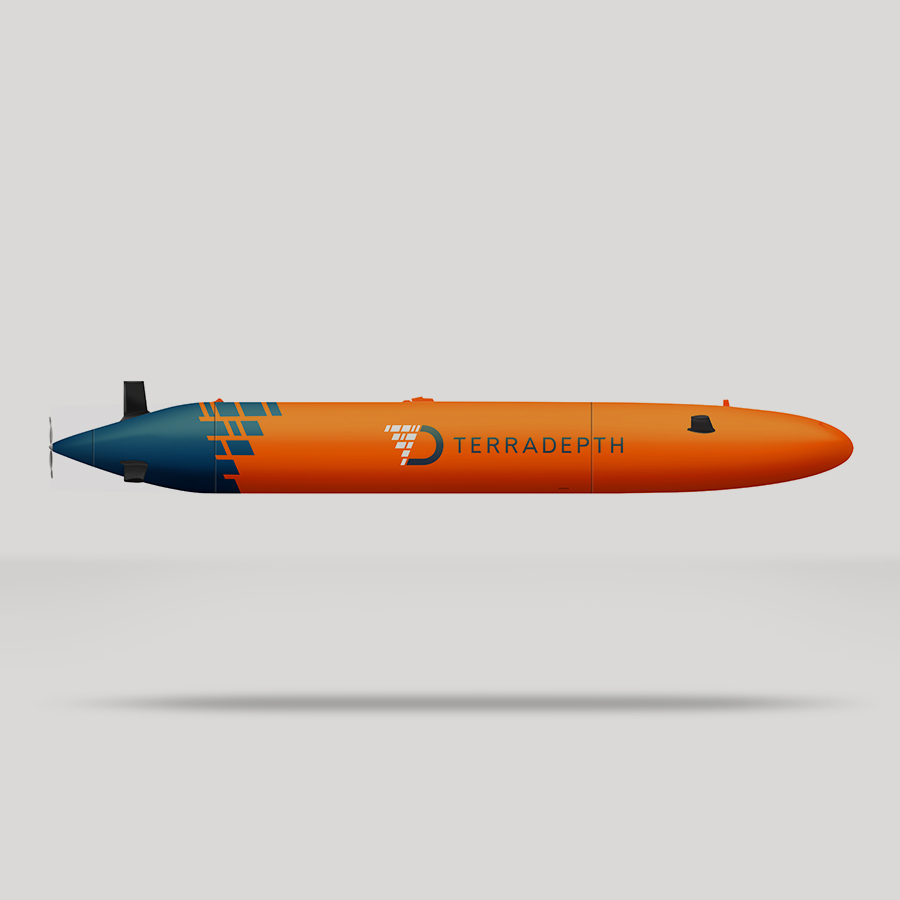
Austin startup Terradepth wants to use autonomous robots to explore the ocean
Although oceans cover more than 70 percent of the Earth’s surface, the vast majority — more than 80 percent — of that underwater world is still unmapped and unexplored, according to the National Oceanic and Atmospheric Administration.
Austin entrepreneurs Joe Wolfel and Judson Kauffman have a plan to change that.
Wolfel and Kauffman are the founders of Terradepth, an Austin startup that aims to use autonomous submersible vehicles to collect and map deep sea data in places previously impossible or impractical.
“The fact of the matter is we don’t know much at all about our oceans,” Kauffman said. “It’s shocking that we are spending so much energy and resources exploring outer space when we haven’t explored our own planet yet.”
Terradepth, which was founded in 2018 and has eight employees, has raised $8 million that will be used to help launch its prototype system next year. Seagate Technologies, a storage hardware company, led the funding round.
Kauffman and Wolfel are both former Navy SEALS, and they previously founded Exbellum, a consulting firm. Kauffman is also a founder of Desert Door Distillery in Driftwood.
Terradepth plans to use a fleet of fully autonomous deep ocean data collection systems that would be able to navigate the ocean’s surface and deep ocean passes to collect data, Kauffman said. It would offer a lower-cost alternative to current options and increase the amount of data available at scale by making information available for purchase in its database, through analytics and other data driven products, he said.
Ocean exploration is typically expensive. The cost of keeping people at sea for weeks or months at a time is prohibitive to widespread exploration, Kauffman said. Terradepth’s collection systems would remove the need to have an offshore ship launching the technology.
“With all the advancements in autonomous vehicles and robotics and machine learning, many of which have come from non maritime industries, we thought, can we leverage these new technologies and put them into a submarine or ocean robot?” Kauffman said.
The new funding will allow the startup to have an operational prototype robot by late 2020, Kauffman said, and demonstrate its products’ ability to autonomously conduct a survey in the ocean. It will also go toward putting together a user interface for data.
The company’s robotic devices will use a mix of technology, ranging from standard submarine hardware that has been around for decade to new technology that has never been used in the deep ocean industry, Kauffman said.
Once submerged, the vehicles would be able to collect a range of data and samples, from imagery to chemical sensors to environmental DNA.
The information collected would have the potential for use across a variety of industries, Kauffman said, including telecommunications, offshore energy, marine mining, governments, marine-driven pharmaceuticals and academia.
“We’re serving anyone that wants to make more informed decisions about the ocean,” Kauffman said.